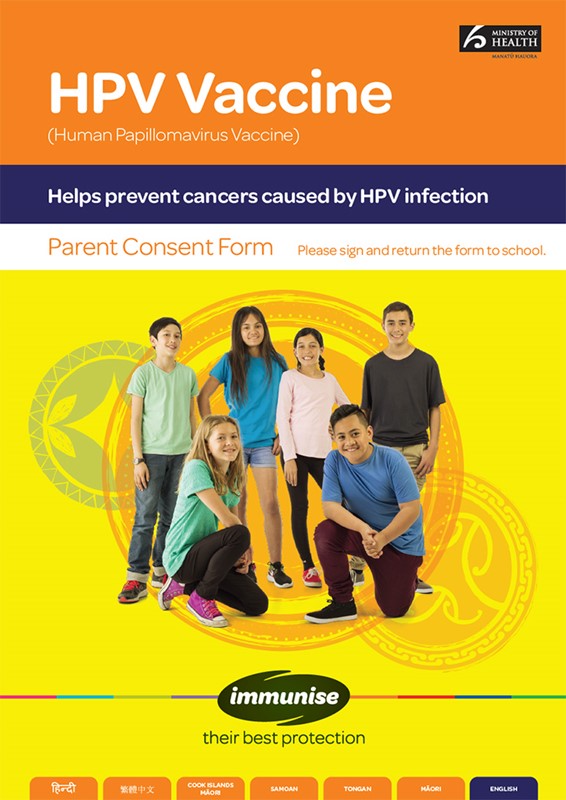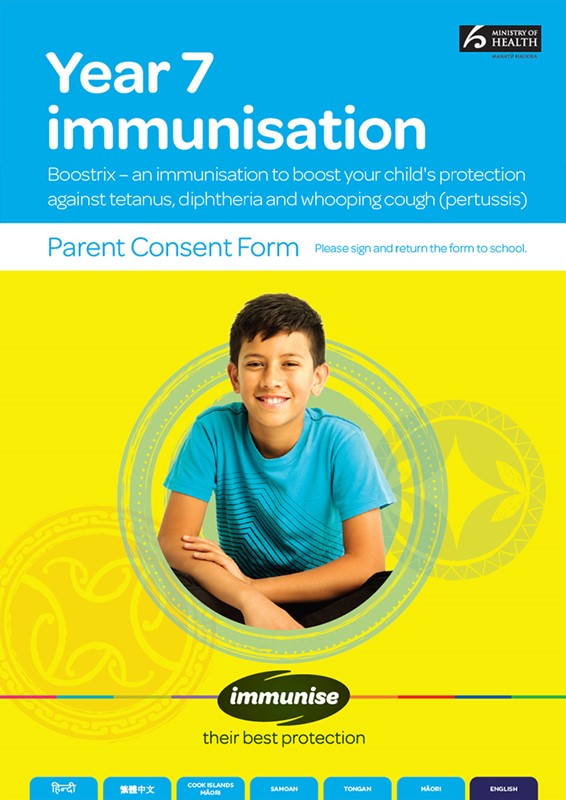Immunisation
Protect your family/whānau from preventable diseases, such as whooping cough, tetanus, hepatitis B and measles.
On this page
Immunise to protect your family/whānau
Immunisation is the most effective way to protect your child from preventable diseases such as whooping cough, tetanus, hepatitis B and measles.
The first time we are exposed to a germ - for example a bacterium or virus - it takes time for the immune system to respond, and we become unwell. However, once the body has memory of the infection, the immune system is able to respond rapidly to destroy the germ the next time we are exposed to it, stopping us from getting sick.
Vaccines contain parts of or weakened versions (inactivated or attenuated) of a particular germ, which are unable to cause disease. Vaccination exposes the body to the germ for the first time without causing disease. When the real germ infects the body, it can be rapidly destroyed - preventing disease.
Very young children are particularly at risk of becoming sick, because their immune system lacks experience and is unable respond quickly. Many of the diseases that immunisation protects us from are very serious in young children. Some, like measles, are highly contagious and usually fairly mild, but pose a risk of serious complications even in healthy people. Immunisation is the safest and most effective way to provide protection for your child's health.
The National Immunisation Schedule provides the best protection for our children when they are most at risk. From six weeks of age, children can be protected from several potentially dangerous diseases. It is very important to stick to the schedule - not immunising your child increases the risk of them getting the infection, and not keeping up to date reduces the protection that the immunisation can provide. It takes a few months and repeated doses of a vaccine for an infant to be fully protected.
Immunisation against:
Related information/resources
Immunisation for older children
Children are offered free immunisations at around age 11, against tetanus, diphtheria and whooping cough (pertussis), and at around age 12, against human papillomavirus (HPV). These immunisations are offered at school during years 7 and 8.
Public health nurses visit participating schools in February. The children are given consent forms to bring home for their parents and caregivers to sign.
Parents need to:
- read the forms,
- fill out the forms and say whether or not they consent to the immunisations,
- sign the forms and return them to school.
If you want to find out more, you can speak to your public health nurse. For the Western Bay area call 07 577 3383, or for the Eastern Bay area call 07 306 0944. You can also contact your family doctor or practice nurse.


